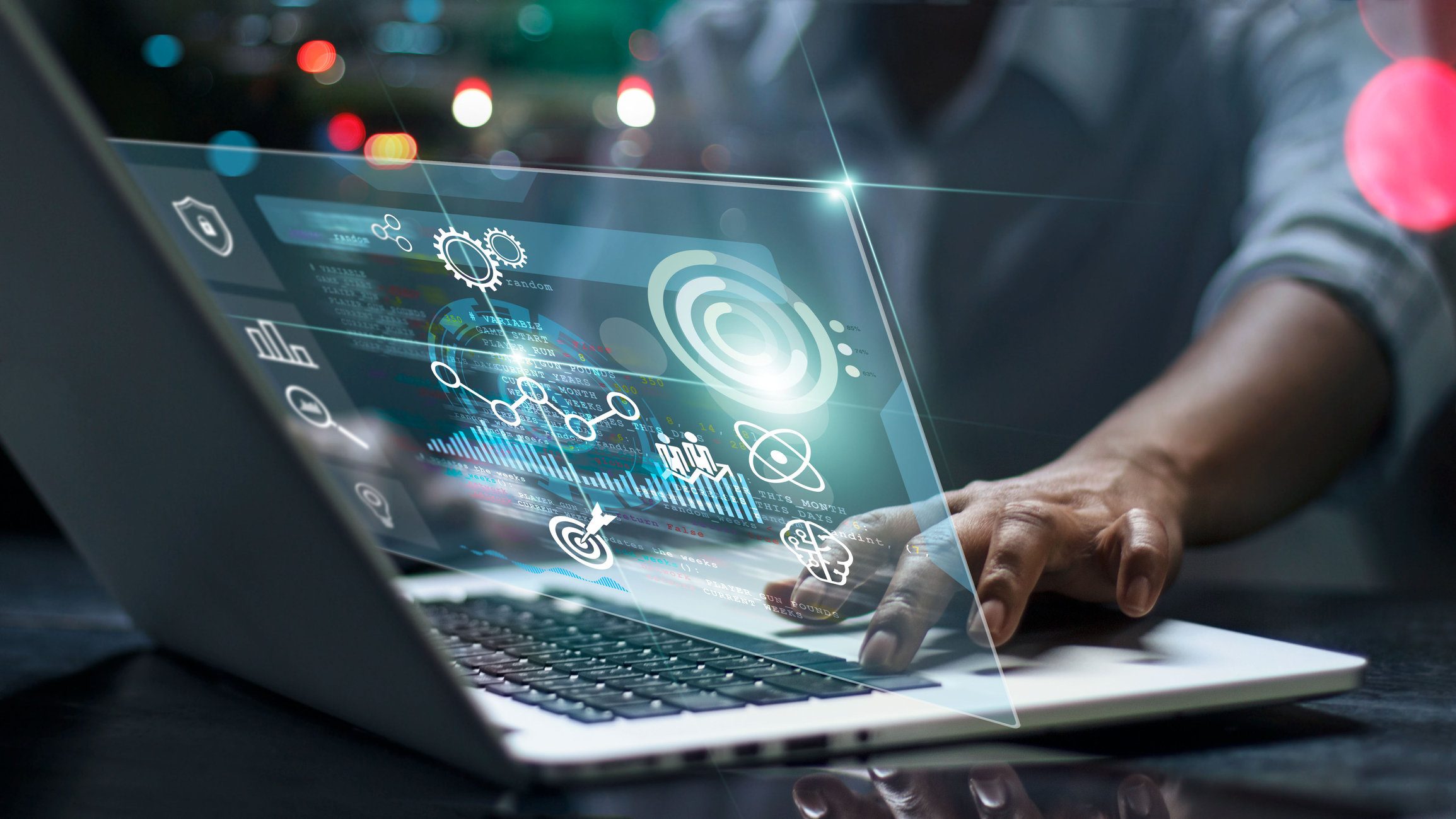WORKSTATION & HARDWARE SET-UP
REMOTE WORK
Please review the IT Guide on setting up your workstation when working remotely.
SETTING UP VPN FOR YOUR REMOTE WORKSTATION
A Virtual Private Network (VPN) connection is required for remote access to your APT-owned computers and network. A VPN uses encryption to protect data and prevent others from listening-in on the data that is transferred between your remote computer and the campus network.
UBC Information Technology offers free VPN services to UBC students, faculty, and staff at both the Vancouver and Okanagan campuses. Visit the UBC IT myVPN page for step-by-step instructions on how to set this up.
Starting July 22, 2024, UBC's myVPN service will require multi-factor authentication (MFA) for an additional layer of security. This applies to all UBC students, faculty, and staff at the Vancouver and Okanagan campuses. For more details, please visit the MFA on VPN Support Page.
CONNECTING TO UBC Wi-Fi NETWORKS
Please follow the instructions provided by UBC IT here.
EDUROAM
The "eduroam" network is a collaborative network that provides students, staff and faculty roaming wireless access at partner institutions. In order to access eduroam, you must have a CWL account. CWL accounts are available to registered UBC students, staff and faculty.
For UBC faculty, staff and students, access to eduroam varies slightly from logging in to other UBC services. Your usual CWL ID is used for access and @ubc.ca must be appended to the end of the CWL ID in order to identify UBC as your home institution. For example:
Login: Your_CWL_ID@ubc.ca
Password: Your_CWL_Password
For further information on eduroam, please visit this webpage
MULTI-FACTOR AUTHENTICATION
As part of our ongoing effort to enhance cybersecurity at UBC, multi-factor authentication (MFA) has been introduced across the university. By adding MFA to frequently used university applications, we have strengthened access security by requiring two or more methods to verify a user’s identity. MFA is a security standard across North America, providing an effective way to prevent unauthorized access to information. It requires two items to identify a user:
- Something you know (i.e. your password)
- Something you have (typically a trusted mobile phone, land line or hardware token)
To get started on setting up MFA for your CWL account, please click here. If you already have MFA set-up and need to add a new device or remove existing devices, please click here for further information (you need to pass MFA validation with an existing device first in order to prevent your account from being compromised if someone has your password and can add a new device without validation).
If you need assistance with your MFA set-up, please contact the IT Service Desk.
PRIVACY AND SECURITY
PATIENT RECORDS
Your computer and networked drives (e.g. P:, M:, Y: and U:) should not store identifiable patient data. Although our security standard is fairly high, we may not meet the legal requirements for storing patient information.
Windows/Microsoft Update
Your Windows computer will check the Microsoft Update web site, for Microsoft security patches, on its own. If there are any patches, they will be installed in the early morning or the next time your computer is turned on. Installation of these security patches may reboot your computer, to complete their installation, so please close files and programs, before leaving your computer.
Other Software Updates
We also use computer management systems to identify, distribute, upgrade and apply security updates to your computer. Most of these updates will install without disturbing your work. Occasionally you will be prompted to close software and even restart your computer, to complete the update installation.
ENCRYPT YOUR DEVICES
Encryption is a method of preventing unauthorized access to electronic data. It is used to protect data on devices such as computers, laptops, cellphones, or USB sticks. It can also be used to protect data during transmission. For example, after you enter your credit card details to purchase something online, your computer automatically encrypts that data so that others cannot steal this information when it is transmitted over the internet.
Encryption is imperative for sending sensitive information, securing your documents, keeping your email private and, ultimately, it allows for peace of mind if a computer is misplaced, lost or stolen. Encrypting your computer and mobile devices is the most effective way to keep your personal information and UBC’s data secure.
If you are using a UBC-owned device, encryption is provided for UBC faculty and staff at no cost. If you would like to get your devices encrypted, please contact the APT IT administrator (faid.saffou@ubc.ca) to get started. For further information, please visit this webpage.
